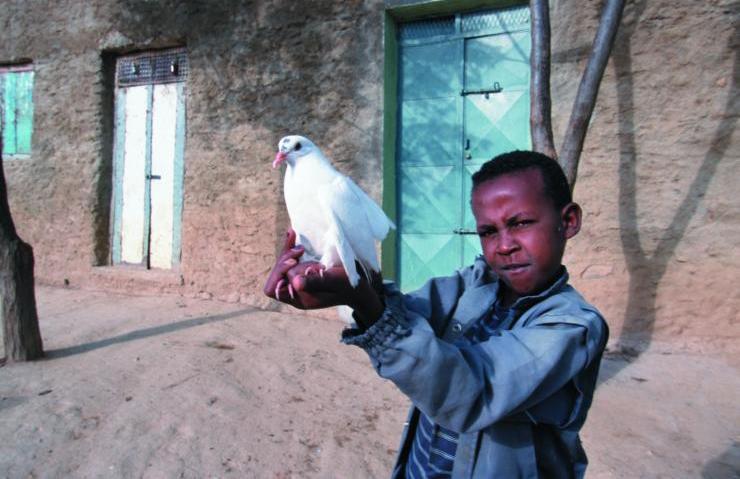Ethiopia. Beyond the question of ethnicity.

On November 4, 2020, a new war began in Ethiopia. Just three years earlier, the country had signed a peace agreement with neighbouring Eritrea that earned Ethiopian Prime Minister Abiy Ahmed the Nobel Peace Prize in 2019.
The current conflict, which pits the central government against a coalition of its Kililochs (region-states), has caused thousands of deaths and more than 50,000 refugees, mainly in neighbouring Sudan.
Many experts have analysed the conflict underlining its ethnic character. Supporting the perception of the French journalist Vincent Hugeux (“explaining everything through the prism of the tribe is absurd, denying it is inept”), we believe that this approach does not allow us to understand the root causes and we propose to expand it with three internal and external motivations that explain the current situation.
First, Ethiopia has been a relatively stable federal state since 1995. Granting autonomy to its regions was one of the reasons for the creation of the Ethiopian People’s Revolutionary Democratic Front (EPRDF)
in May 1988.
After coming to power, Abiy Ahmed opted for a centralist policy that favours the most populated regions of the country to the detriment of the others. It cannot be forgotten that centralism was the key element of a profound trauma in Ethiopian history: the famine that spread between 1983 and 1985. Government aid was placed in the most populated regions, forcing hundreds of thousands of people to move close to them.
In addition to this factor, many forget in their analyses that this is not the first conflict in Tigray.
Already between 1974 and 1990, the Tigray People’s Liberation Front (TPLF) opposed the successive governments that led the country through armed struggle and had special importance in overthrowing the Mengistu regime and establishing the current federal state.
Tigray has had an enormous influence both in history and in the Ethiopian government, which Abiy Ahmed has tried to mitigate by excluding Tigrayans from the army and the aforementioned tendency towards centralism.
Finally, it should not be forgotten that most civil conflicts cross the borders of the country at war and Ethiopia is no exception.
On the part of the federal government, the main ally is Eritrea, which actively participated in the support of federal troops following the peace agreement mentioned above.
The main dispute between Ethiopia (when it was under the TPLF government) and Eritrea was the city of Badme, and its handover by Abiy Ahmed to the Eritreans was seen as a betrayal in Tigray.
The presence of the United Arab Emirates, which sent Chinese drones to Ethiopia, is more subtle, while Turkey has provided it with war material that has allowed it to stop the TPLF offensive and launch a counter-offensive. Furthermore, by March 2020, Turkey had already committed to training the federal armed forces.
From the Tigray viewpoint, things aren’t so clear. There is a relative slant of the United States in its favour, highlighted by the imbalance in reporting the crimes committed by each side. Furthermore, the Addis Ababa government denounces the support of Egypt and Sudan, interested in prolonging hostilities to delay the Great Renaissance Dam.
In short, focusing on ethnicity misleads the understanding of the Ethiopian conflict. It is a gesture of resistance of the less populous Kililochs to continue to count on the Ethiopian political landscape, compared to the more populous ones like Amhara – from which Abiy Ahmed comes. This situation is aggravated by internal and external geopolitical interests.
Dagauh Komenan
Historian, specialized in International Relations



